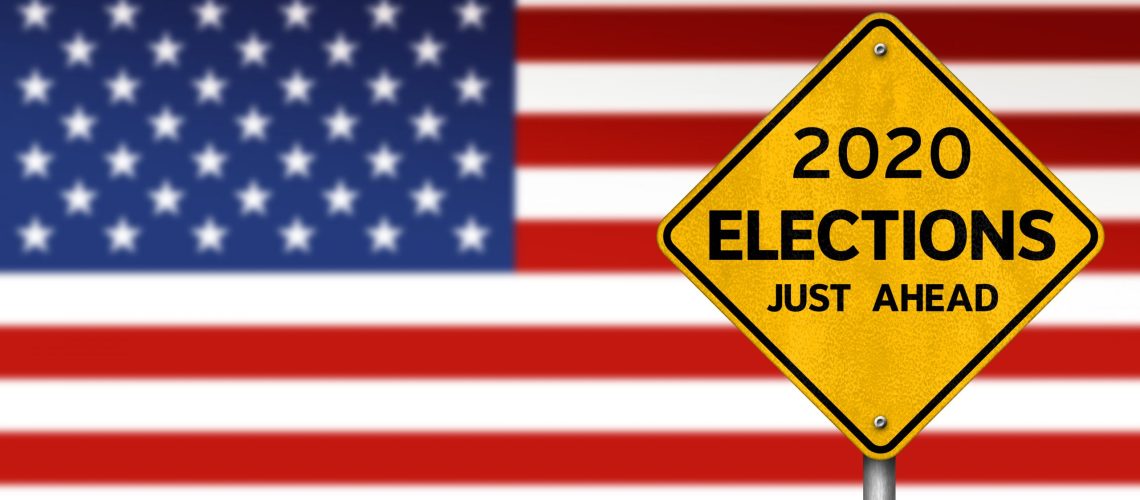The 2020 US presidential elections have given the world a chance to watch how the largest democracy on the planet chooses its leader for the next four years. And one can’t help but wonder if the election process, which democracies typically utilise to choose their leaders, is an efficient way of selecting the person who runs the country.
Park your political ideologies and loyalties on the side of the road for just a moment. Let’s talk this through as two human beings who share much in common – like wanting the best for ourselves, our children, our career, our company, our community and our country ,,,
When it comes to selecting the person who gets to run the country, why are there no checks and balances that are applied to ensure that unsuitable candidates are eliminated – not for political reasons but for valid reasons like plain, old-fashioned competence?
Regardless of how the number one position gets contested – it’s different in different countries – there appears to be no scientific process that is used to assess presidential candidates according to key criteria when deciding on a national leader.
The longest standing democracy, America, has two political parties which each nominate their own candidate to stand against the opposing party’s candidate. On the other hand, one of the youngest democracies, South Africa, contests the election on a party basis with the winning party getting to choose who they wish to occupy the number one slot in the party – and the country.
To date, the democratic system seems to be the best political option we have as humans to manage the way we govern ourselves, but surely a few things could be refined a little, like requiring potential national leaders to undergo certain assessments to determine their fitness to lead the country.
In a democracy, the person who gets to lead the country gets chosen by the majority of citizens, but there should possibly be a few ifs and buts that play a role in who gets to occupy a democratic country’s number one position.
In many ways, countries are like large companies. Citizens can be likened to the employees, and the political leaders can be likened to a company’s executives. Both entities set a budget which allocates funds to be spent on whatever the leaders deem important. They both have products that they produce and sell to other countries/companies. They both need to generate an income, and the better the income, the better off their citizens/employees are in terms of job security and so forth. The list can go on …
Just stay with me for a little longer. What if companies were run as democracies?
That would mean that the company’s leaders could be chosen by its employees. Doesn’t that seem fair? After all, shouldn’t employees have a say in who gets to lead them?
Well, just imagine if every company’s employees were allowed to vote for the next CEO, CFO, COO, CRO or CHRO …
“Oh,” you say, “one can’t allow that because the employees don’t necessarily know what’s required in order for a person to occupy those executive positions.” And you would be quite right.
Why, then, do we allow people to make themselves available to run our countries without requiring them to undergo a number of scientific and politically neutral tests to determine their competence and suitability for the job?
Also, why do we not expect our political leaders to undergo some form of training to ensure they’re able to perform the work of running the country?
Thankfully, companies are not run like countries so, if you want to see your company prosper, select the right people according to the requirements of the work, create a collaborative culture in the organisation to facilitate interaction and innovation, train your people to do what they need to do, then lead them with integrity, passion and purpose. That way, you’ll take a giant leap toward building a successful company in these uncertain times. Pity no country has thought to do this with their political leaders!
If you’d like to explore introducing a programme to reinvent your leadership and culture to create a more productive future, you’re welcome to email me at [email protected] so we can set up a “no obligations” conversation.
Alan Hosking is the Publisher of HR Future magazine, www.hrfuture.net and @HRFuturemag. He is a recognised authority on leadership skills for the future and teaches experienced business leaders as well as Millennial managers how to lead with integrity, purpose and agility. In 2018, he was named by US-based web site Disruptordaily.com as one of the “Top 25 Future of Work Influencers to Follow on Twitter“.

























